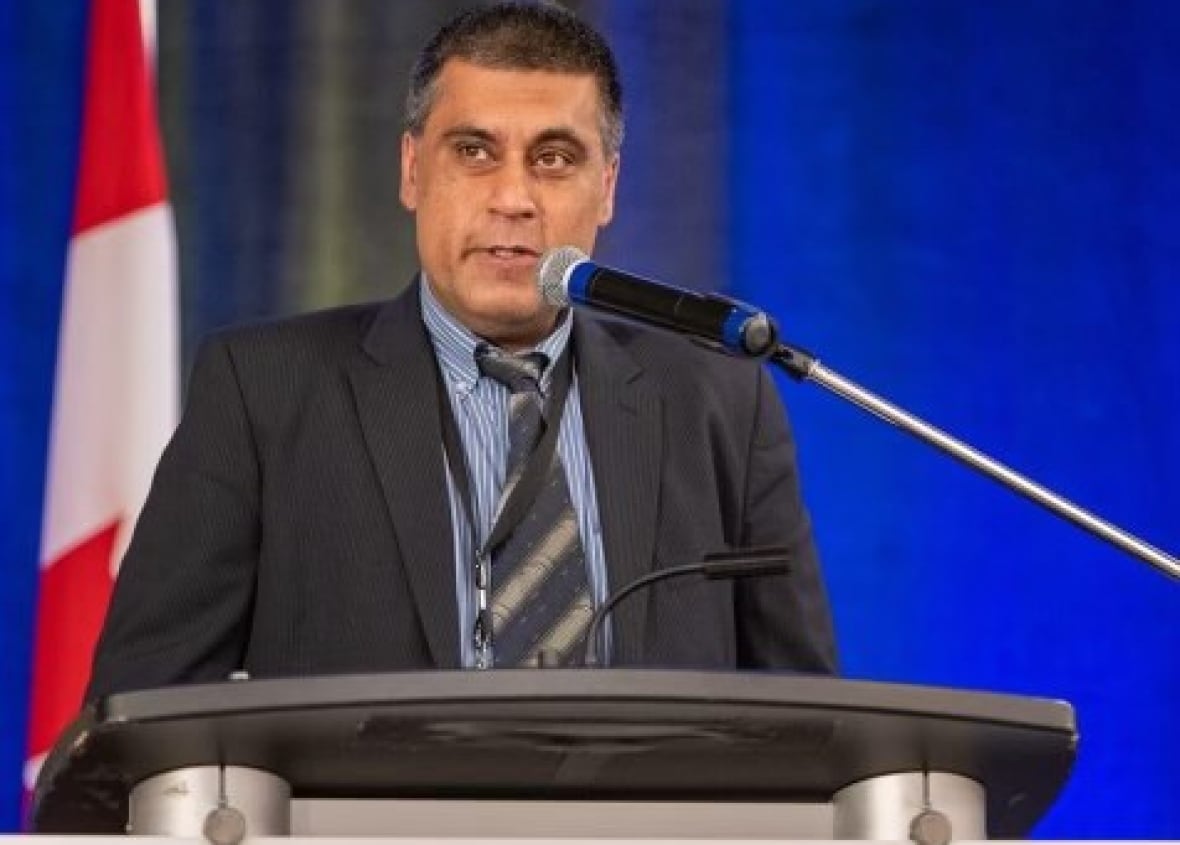Hundreds of asylum seekers will relocate to N.B. in the next 2 years
Organizations in Moncton, Saint John say newcomers could help fill employment gaps

Settlement organizations that help newcomers across the province are preparing to welcome hundreds of asylum seekers who will be relocating to New Brunswick from other provinces to start a new life.
Over the next two years, about 400 people who left their homes in Nigeria, Haiti and some South American countries will relocate to cities including Moncton, Saint John, Fredericton and Edmundston.
Alison Frise, executive director of the Multicultural Association of the Greater Moncton Area, said there isn't a final number of asylum seekers New Brunswick can expect, but that some could arrive as early as mid-July.
Many are currently living in hotels in Ontario, and some families have been living there for a year, she said.
"We all think it's fun to stay in a hotel for the first the week, but if you've been there almost a year then that's not fun anymore," she said.
"It makes it very difficult for people to integrate the community."
Frise said this group will be different from asylum seekers the province welcomed in the past because everyone speaks English or French, has already lived in Canada and is ready to enter the job market.
The arrivals are part of an agreement the province has with the federal government to increase New Brunswick's immigration allocation rate.
Frise said they will help to fill gaps in industries like construction and health care that are struggling to find workers after the federal government cut the province's allocation of economic immigration spaces by half earlier this year.
"This is an opportunity for us to get the provincial nomination numbers up," Frise said. "Getting employment right away is going to be super important to make sure that that ... is an anchor for them to stay here and raise their families here."
When the federal government created the Interim Assistance Housing Program in 2017, it was meant to encourage provincial and municipal governments to accept incoming asylum seekers.
"The major thing will be permanent housing, or at least temporary housing," Frise said, adding that MAGMA has a housing co-ordinator that builds relationships with landlords with newcomers in mind.

Saint John is also thinking about what it will mean to welcome asylum seekers to that city.
"[It] isn't just about filling gaps there, it's about how we think about the future of Saint John and how we invest in our community," said Mohamed Bagha, managing director of the Saint John Newcomers Centre.

He said newcomers bring a new energy and sense of resilience to communities, and that coming to New Brunswick as an asylum seeker is unique to immigrating here.
"Many asylum seekers are bringing some sort of difficulty but they do have the skills to get here, they have taken the risk all the way to get to this country," he said. "When you're feeling trauma, you probably need a little more help."
Lessons learned from 2023
Two years ago, the province accepted about 200 asylum seekers who had arrived from Quebec through Roxham Road, which straddled the international border with the United States.
Many of the asylum seekers did not speak English or French, and had no connection to the province when they arrived. It was a challenge MAGMA had never faced before.
"We had to come up with a whole intake process, find resources, community partners that we could refer them to," Frise said. "We have to sometimes be creative and think outside the box."
She said MAGMA is better equipped this time around. It offers language classes in Moncton and provides interpretation services in new languages.
The organization is working with the province to know more about the incoming group in hopes of anticipating their needs before they arrive.
"We're hoping … that they feel that sense of belonging here in Moncton, that they can put down roots and stay here," Frise said.
With files from Information Morning Moncton and Information Morning Saint John


